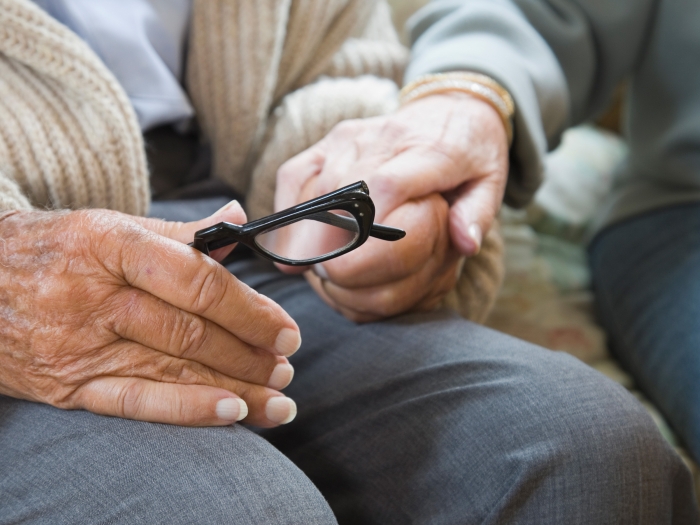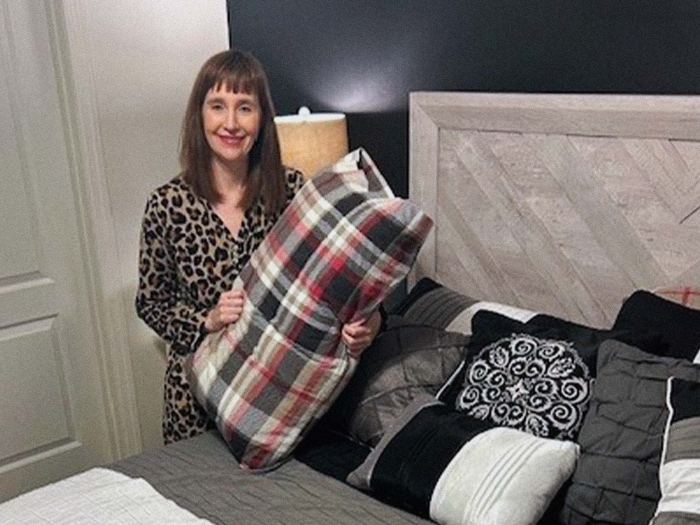People with obstructive sleep apnea who treat their apnea with the commonly-prescribed positive airway pressure therapy were less likely to be diagnosed with dementia.
7:10 PM
Author |

A new study finds older adults who received positive airway pressure therapy prescribed for obstructive sleep apnea may be less likely to develop Alzheimer's disease and other kinds of dementia.
Researchers from Michigan Medicine's Sleep Disorders Centers analyzed Medicare claims of more than 50,000 Medicare beneficiaries ages 65 and older who had been diagnosed with OSA. In this nationally representative study, they examined if those people who used positive airway pressure therapy were less likely to receive a new diagnosis of dementia or mild cognitive impairment over the next 3 years, compared to people who did not use positive airway pressure.
"We found a significant association between positive airway pressure use and lower risk of Alzheimer's and other types of dementia over three years, suggesting that positive airway pressure may be protective against dementia risk in people with OSA," says lead author Galit Levi Dunietz, Ph.D., M.P.H., an assistant professor of neurology and a sleep epidemiologist.
The findings stress the impact of sleep on cognitive function. "If a causal pathway exists between OSA treatment and dementia risk, as our findings suggest, diagnosis and effective treatment of OSA could play a key role in the cognitive health of older adults," says study principal investigator Tiffany J. Braley, M.D., M.S., an associate professor of neurology.
Obstructive sleep apnea is a condition in which the upper airway collapses repeatedly throughout the night, preventing normal breathing during sleep. OSA is associated with a variety of other neurological and cardiovascular conditions, and many older adults are at high risk for OSA.
And dementia is also prevalent, with approximately 5.8 million Americans currently living with it, Braley says.
Dunietz, Braley and co-authors Ronald D. Chervin, M.D., M.S., and James Burke, M.D., M.S., are all part of the University of Michigan's Institute for Healthcare Policy & Innovation. Alan Conceicao also served as a co-author on the publication. This study was supported by the American Sleep Medicine Foundation/American Academy of Sleep Medicine (award #115-SR-15).
Paper cited: "Obstructive Sleep Apnea Treatment and Dementia Risk in Older Adults," Sleep. DOI: 10.1093/sleep/zsab076

Explore a variety of healthcare news & stories by visiting the Health Lab home page for more articles.

Department of Communication at Michigan Medicine
Want top health & research news weekly? Sign up for Health Lab’s newsletters today!





